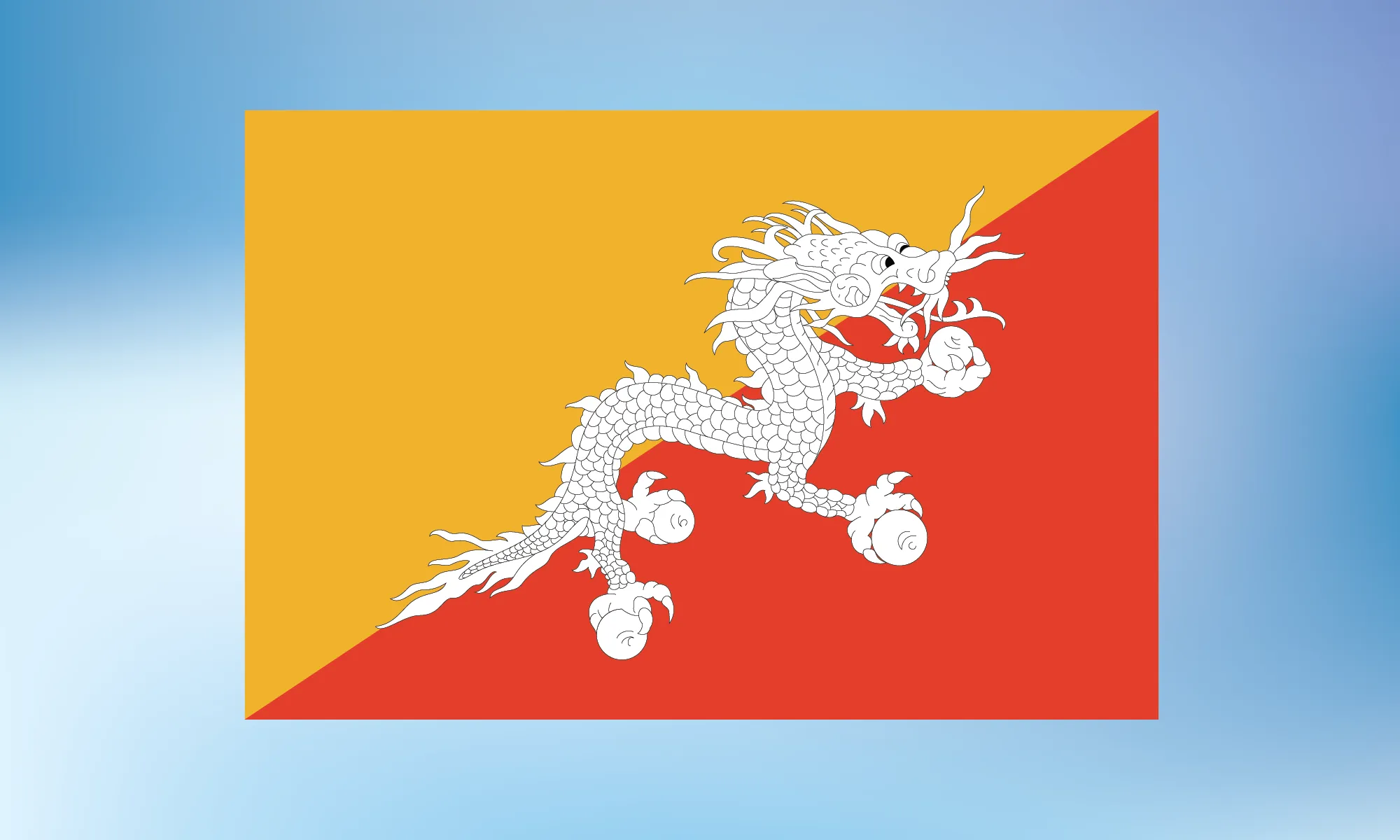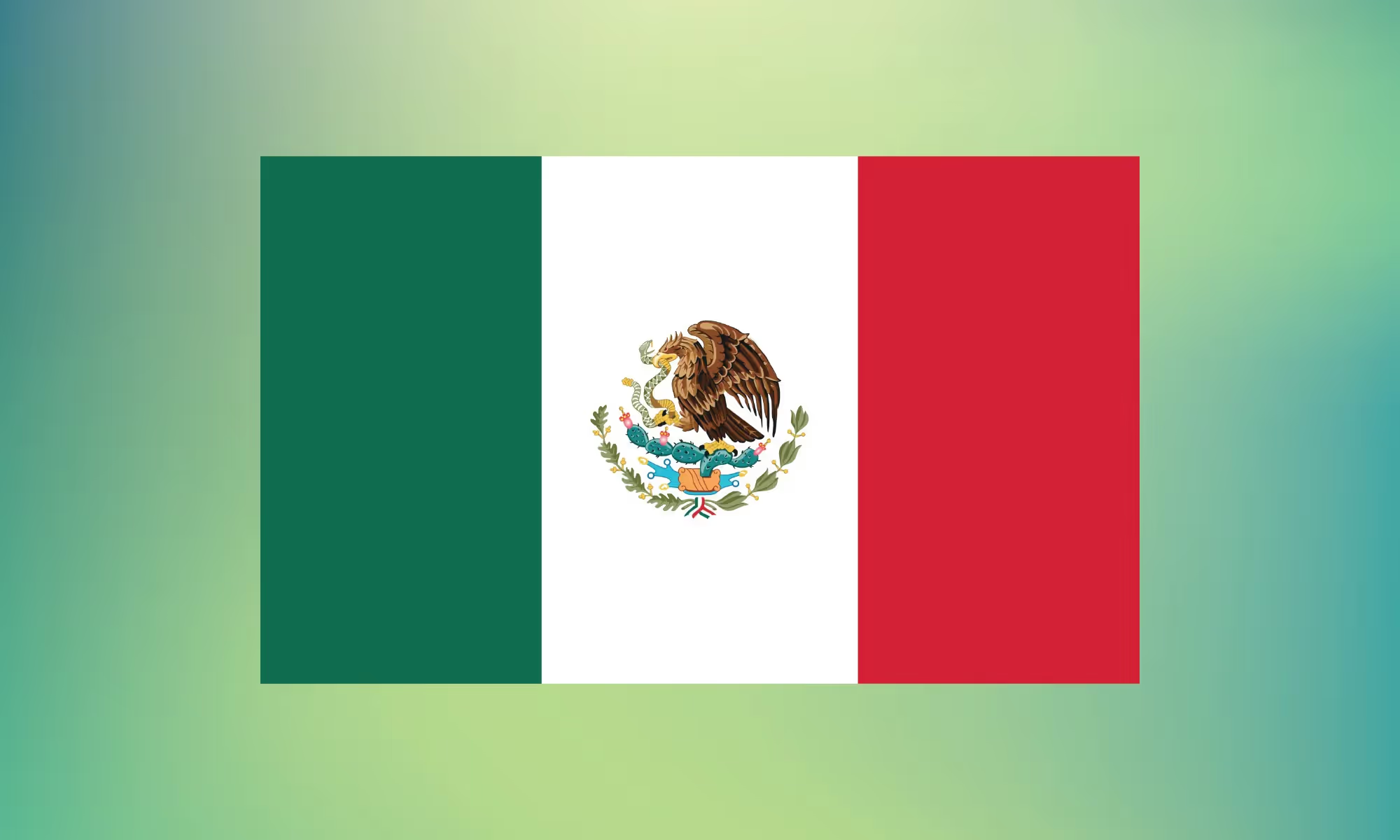Tax invoices in most countries require unique and sequential invoice numbering. This means that the invoice number structure must be consistent in structure, and sequential, such that there are no gaps between two consecutive unique invoices.
In case your business has multiple business lines and / or international coverage, you can also construct unique invoice sequences per business line / geography. This can be helpful for internal process optimization and easier filtering across relevant invoices / credit notes.
Why is this relevant from a compliance point of view?
Tax authorities require such invoice numbering structure in order to make sure that each unique transaction was invoiced only once, and to facilitate an audit trail. Moreover, in case you will be issuing credit notes to fully or partially cancel a transaction for which an invoice was issued (eg. incorrect VAT rate charged, or a refund is made for a product sold), you will need to usually reference the original invoice on the credit note document and be able to link it back in your accounting systems. This is to make sure that every credit note is related to a specific invoice, such that the total VAT due by the supplier is properly accounted for.
Why is this relevant from a customer experience point of view?
Proper invoice numbering is beneficial when dealing with customer support issues when it comes to tickets around requesting a refund, or when a customer flags an incorrect tax treatment or an error in the information on that invoice (relevant for B2B primarily), you will be easily able to track that invoice based on its number, which will be known to the customer who originally received it.
Marketplace use case
In case you are operating a platform / marketplace, your underlying suppliers are often obliged to issue invoices for their transactions to end–customers. What platforms struggle to do is to take on the invoicing responsibility from the underlying supplier ecosystem, and issue invoices in their name and on their behalf to the end-customers (3rd party billing). Currently, most platforms require these sellers to invoice on their own and figure out their own invoicing obligations toward end customers which can lead to a poor overall experience for customers if there are delays.
When a platform offers 3rd party billing and issues invoices on behalf of underlying suppliers, it is very important that the invoice numbering sequence is unique and sequential for each supplier, both from a marketplace perspective, but also from suppliers perspective (ie. if this supplier sells through multiple marketplaces, invoice numbering must not overlap across them - this can be a massive challenge).
Difficulties with automating invoice numbering
The biggest difficulty that suppliers and marketplaces see when it comes to invoice numbering is making sure they are sequential. The reason for this is that due to any sort of technical issue (transactions need to be re-played due to internal outage) or high frequency of transactions, there can be errors when it comes to determining what is the next number in an invoicing sequence.
What’s more, the same process must be followed for credit notes as well. This problem is further exacerbated for marketplaces that need to do the same process for thousands of underlying suppliers and keep track of the numbering logic for each of them.
How can Fonoa help?
As part of our Invoicing module, we are building an invoice sequencing API that allows users to seamlessly construct desired invoice sequence structure, and use it in the API when they generate invoices / credit notes such that they are sure that the numbering sequence is always respected.
Moreover, users can create multiple invoice sequences that they can use across different markets / business lines, or associate them with their underlying suppliers in case they are operating a marketplace.















